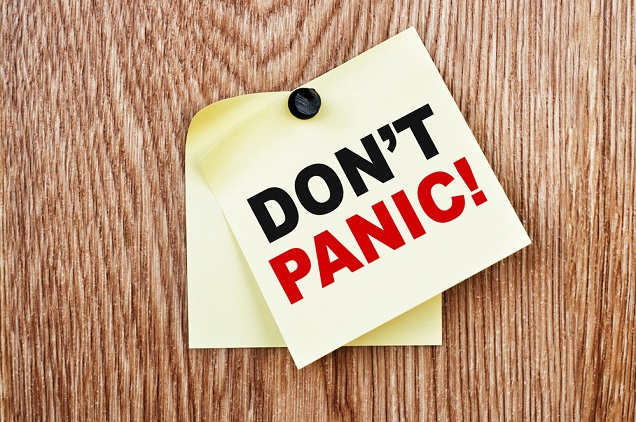
Lawyers And Staff Should Try Not To Take Sensitive Materials Home
More lawyers should think twice about taking confidential documents out of an office.

More lawyers should think twice about taking confidential documents out of an office.
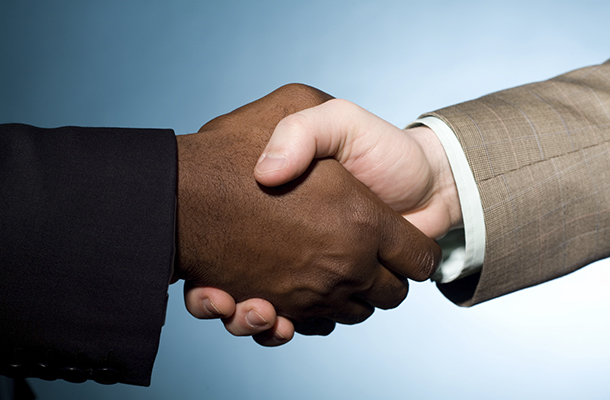
Understanding the fundamentals of privacy, confidentiality, and privilege in your work with clients can help build trust, strengthen your relationships, and improve your advocacy.

Our expert panel explores common sources of profit leakage along with practical steps for improvement.

Law firms are not immune from cyber attack -- it’s not a matter of if, but when.

Attorneys need to be keenly aware that their ethical obligations to maintain confidentiality are complicated by technology.

Does information pertaining to the representation of a client always need to be kept confidential?

We must hold ourselves to a high standard when using cloud services for clients' confidential information and valuable IP capital that is in our care.

Operate with AI driven insights, legal intake, unified content and modular scalability to transform efficiency and clarity.
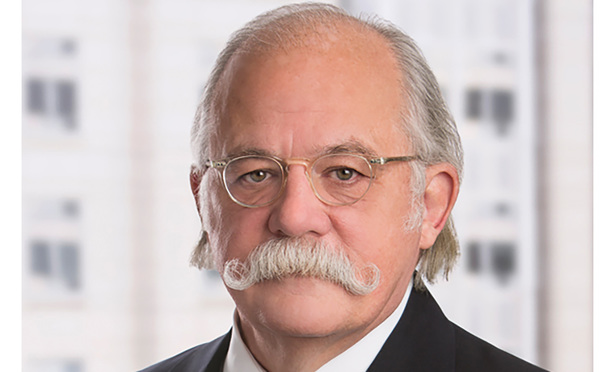
Trump's top lawyers regale restaurant patrons with claims of hidden documents.

Non-disclosure agreements are important -- so get them right.

Tech columnist Bob Ambrogi identifies three top takeaways from a new, must-read legal ethics opinion.

You hear a lot when you work in-house.

Founded in 2017, the Baltimore-based Law Office of Stephen L. Thomas Jr. unified case management, communication, and payments with 8am—saving 10–20 hours a week for clients, trials, and growth.

As lateral hiring picks up, here's what not to do before and after leaving your current employer.

Advice on keeping confidences, from in-house counsel Mark Herrmann.
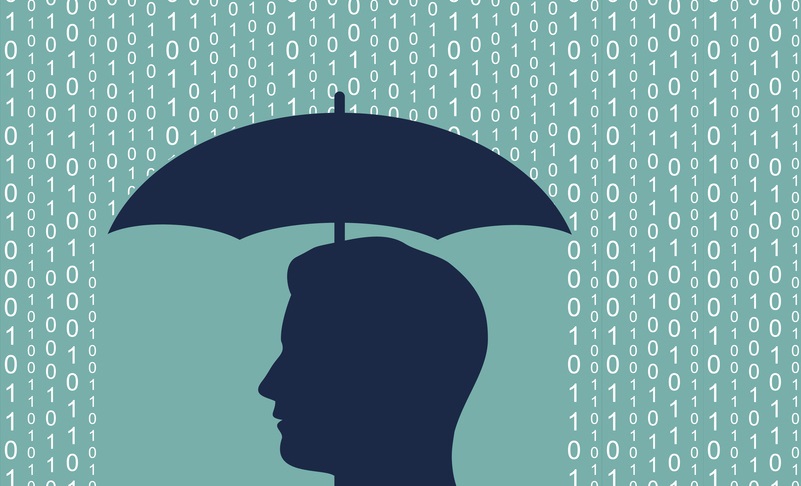
There are many good reasons for lawyers to use the cloud, per Bob Ambrogi; just ask the right questions of your vendor.
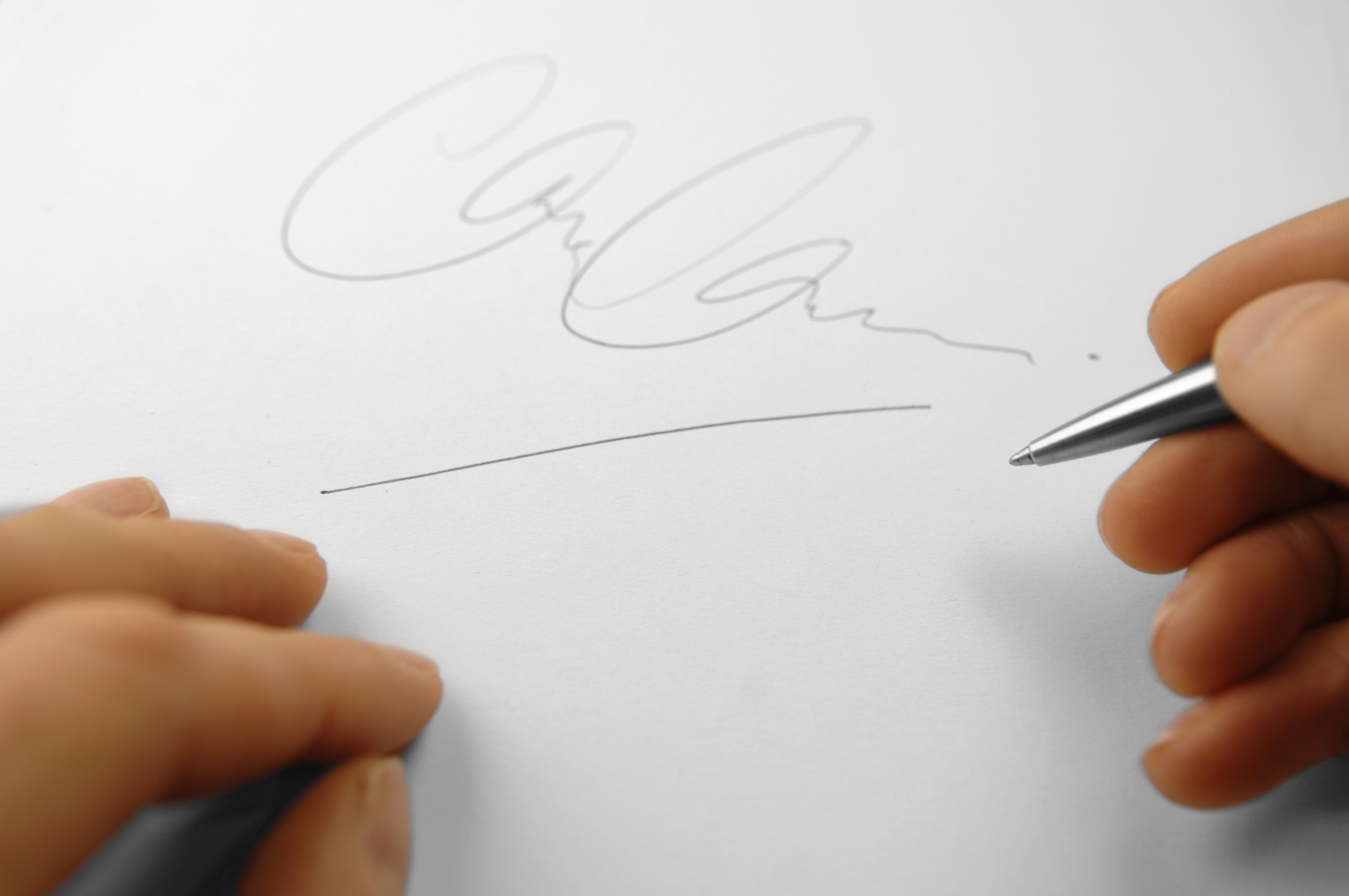
Attorney-client confidences breached because of pretty handwriting.

Unintentionally, the movie Spotlight turns the spotlight on lawyer ethics.